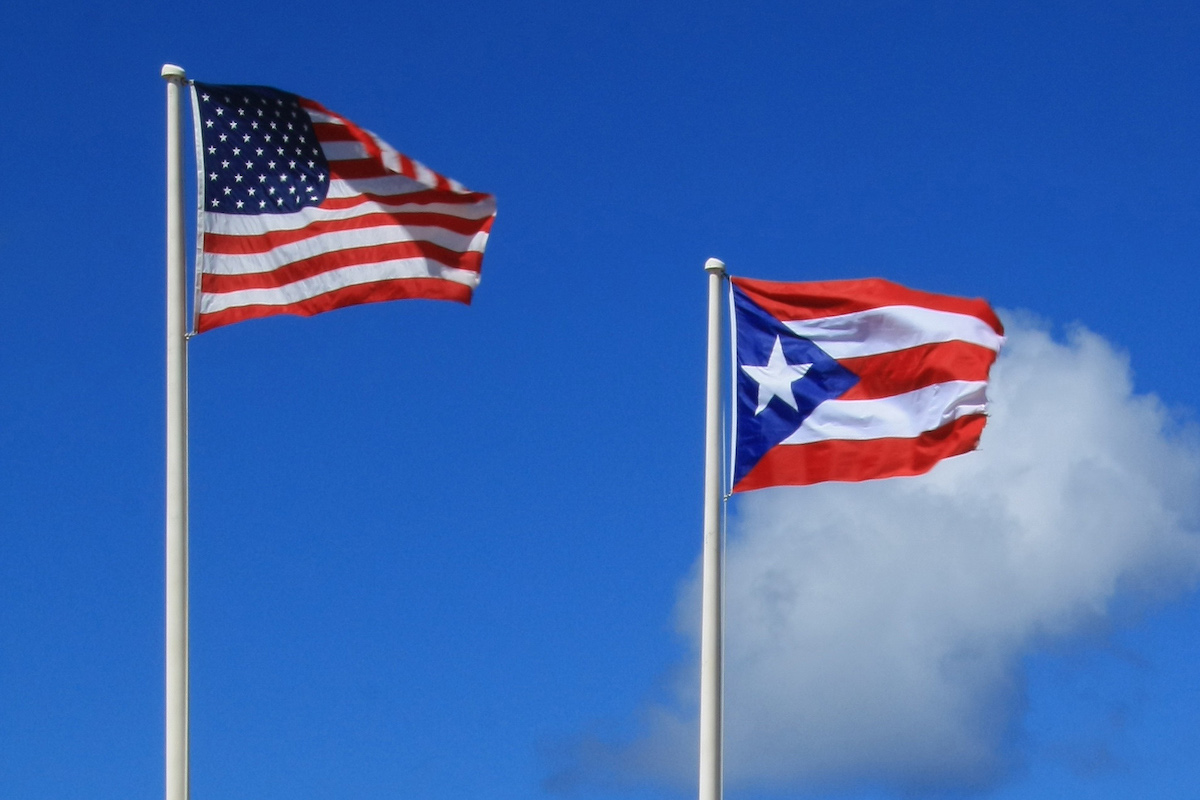MIAMI — I sometimes play this game where I try to count the amount of references to Puerto Rico in my home. Flags, coquis, paintings, quotes from great Puerto Ricans, the references are everywhere. They are daily reminders of who I am, where I come from and what I stand for. I never needed these reminders more than when Hurricanes Irma and Maria struck Puerto Rico in 2017.
As a diasporriqueña (a part of the Puerto Rican diaspora in the mainland United States), I felt helpless and alone. I spent a week of my life not knowing where my family was or how they were doing. I watched and re-watched videos of our beautiful island being destroyed. Nothing could have prepared me for the feelings I experienced over the subsequent months, but I can tell you what did not help: the repeated attacks, apathy, and insults hurled by none other than the President of the United States Donald J. Trump. Now we have a choice—to repeat the last four years or elect someone who has shown compassion in the face of disaster. As the only true voice for Puerto Ricans in U.S. politics, our choice is clear.
We must stand up to Trump and vote for Joe Biden on November 3.
The Trump administration’s strategy for its response to Irma and Maria can be summarized by three words: delay, disparage and ignore. Every resource and action was delayed—the declaration of a state of emergency, the temporary lift of the Jones Act, and the approval and disbursement of funds. The delays were clearly intentional when compared to the response to hurricanes in Texas and Florida. Trump disparaged Puerto Rico and its people.
Who can forget the infamous video of Trump throwing paper towel rolls at people, many of who had just lost everything?
He has blamed everyone and everything for the inadequate federal response: the ocean, Puerto Rico’s leaders, Puerto Rico’s debt, at one point even suggesting Puerto Rico be traded for Greenland. Donald Trump ignored the facts. When studies revealed the death toll for the hurricanes and their aftermath was actually in the thousands rather than the 64 initially accounted for, Trump rejected the numbers and instead characterized the accurate death toll as a political ploy. Even now, with Puerto Rico still recovering from the effects of the hurricanes three years ago, Donald Trump somehow believes he is “the best thing that ever happened to Puerto Rico.”
I often think of how many Puerto Rican lives could have been saved if the United States had a leader who was at the very least capable of true compassion for others regardless of their political status. That, we can certainly expect from Joe Biden.
Recently, the White House released $13 billion in federal disaster relief for Puerto Rico —out of the $41 billion allocated by Congress— after holding the aid hostage. This development triggers some key questions: Why now? Why three full years after the hurricanes? Why only weeks away from the 2020 election? The only explanation is that President Trump knows just how crucial the votes of the five million Puerto Ricans in the mainland are. He is openly coveting our votes at the expense of Puerto Ricans in Puerto Rico, and we must not validate these efforts by giving him out votes.
No matter how many times Donald Trump says, “You better vote for me, Puerto Rico,” the unfortunate truth is that diasporriqueños are the only true voice Puerto Ricans have in the U.S. political system. Boricuas in Puerto Rico are denied the right to choose the President and have no voting representation in Congress. Boricuas in Puerto Rico cannot stand up to Donald Trump for all the pain and suffering deliberately inflicted over the past three years.
We can.
On November 3, we must make the choice that recognizes the humanity of Puerto Ricans and respects the pain of the last three years.
Por nuestra patria, we must vote for Joe Biden.
***
Gabriela Valentín Díaz is very proudly from Isabela, Puerto Rico. She moved to Florida with her parents and two sisters when she was 10 years old and is now a third-year student at the University of Miami School of Law and a fellow for the University of Miami Human Rights Clinic.



